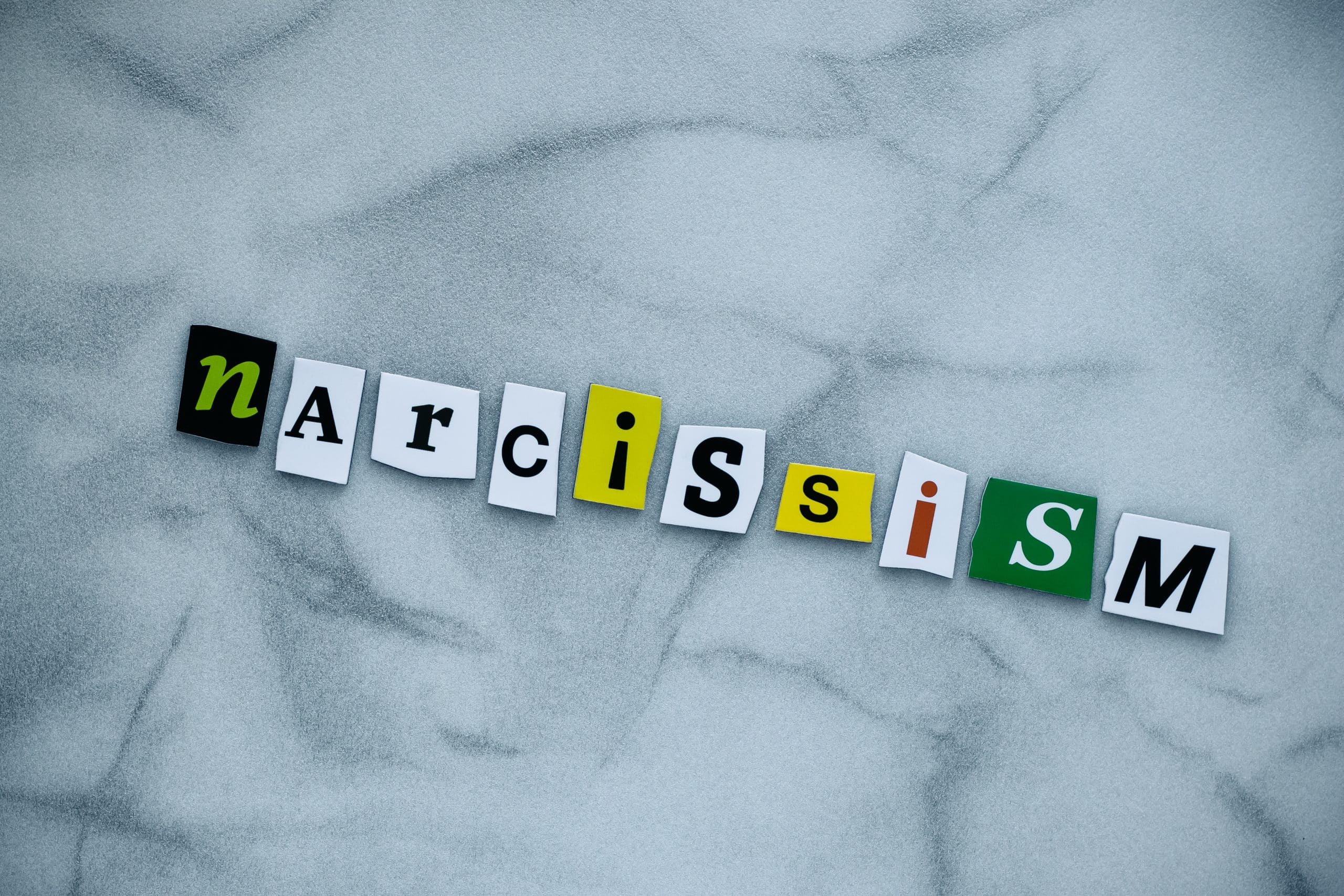Divorces can run smoothly, but when a narcissistic spouse is involved, the process can feel overwhelmingly challenging. High-conflict divorces often drain emotional, financial, and physical resources, and dealing with a narcissist only amplifies those stressors. Their need for control, manipulation tactics, and lack of empathy can make an already painful situation even more difficult. In this article we explore the challenges faced in high-conflict separations and our practical guidance.
Narcissistic Behaviour
Narcissistic individuals often exhibit traits like an inflated sense of self-importance, a need for constant admiration, and a lack of empathy for others. In a divorce, these tendencies can manifest as:
- Gaslighting: Denying reality to make you question your perception such as denying any agreements made or contributions to the marriage.
- Blame-shifting: Holding you responsible for the breakdown of the marriage or the impact on the children of the family.
- Manipulation: Using your emotions, children, or finances as leverage. Narcissists will also often make you think you will leave the marriage with ‘nothing’ and that you are ‘undeserving’ of any settlement.
Understanding these behaviours is the first step in preparing to counter them effectively.
Prioritise Documentation
Narcissists often distort the truth to suit their narrative. To counter this, try to ensure any communications are in writing via email or communicate only via solicitors. It is also important to keep detailed records of any agreements or financial transactions to prevent your spouse from later claiming ignorance or twisting facts.
Establish Firm Boundaries
Setting clear, firm boundaries is essential when dealing with a narcissistic spouse. Avoid engaging in arguments or emotional confrontations, as this gives them the attention they crave. Instead, communicate through written means when possible, and keep conversations focused on factual matters related to the divorce or children.
Your emotional wellbeing
Divorcing a narcissist can take a significant emotional toll. To protect your mental health:
- Seek support from a therapist or counsellor experienced in dealing with narcissistic relationships.
- Lean on trusted friends and family for emotional backing.
- Practice self-care through activities like exercise, mindfulness, and hobbies that bring you joy.
Be Prepared for Court
While many divorces are resolved through mediation or negotiation, dealing with a narcissistic spouse often means going to court. Narcissists thrive on conflict and may use litigation as a platform to assert dominance or seek revenge.
You should be prepared to issue court proceedings and consider the cost in doing so. Even though your spouse would be obligated to engage with the court process and comply with court directions, you should still be ready to deal with delaying tactics or efforts to frustrate the proceedings.
Whilst narcissism is a factor in how you approach court proceedings, you must remember that the court are unlikely to take narcissism into consideration when determining a fair settlement. If your spouse has purposefully created delays or failed to engage then there is a risk they will be asked to meet some of your costs but it is highly unlikely you will be compensated for their general unreasonable behaviour.
How can we help?
Handling a high-conflict divorce with a narcissistic spouse requires resilience, strategy, and support. By understanding their behaviour, protecting yourself legally and emotionally, and prioritising your well-being, you can emerge from the process stronger and ready to move forward. Remember, you don’t have to face this challenge alone— our team are family law specialists so book a consultation to see how we can help you.



